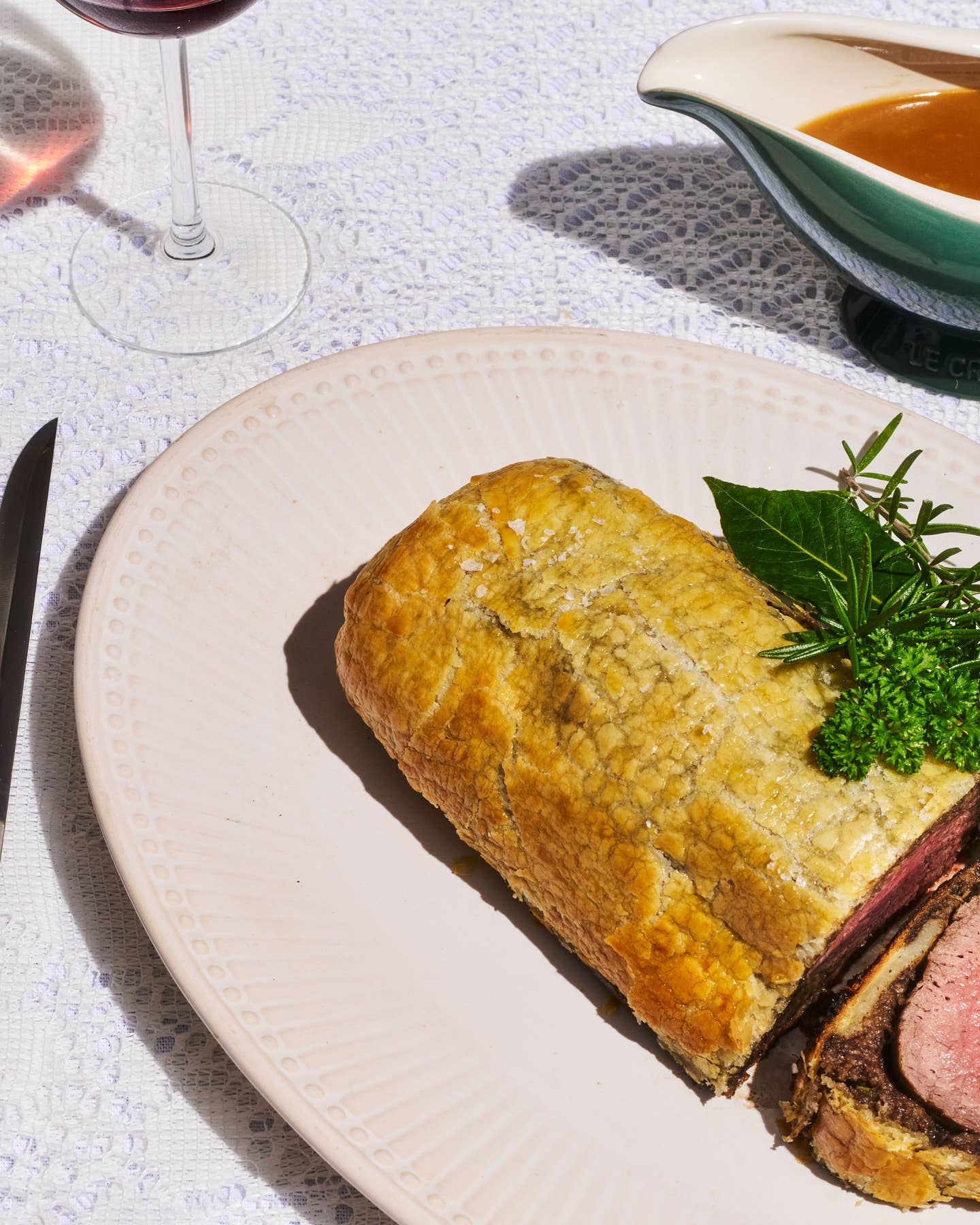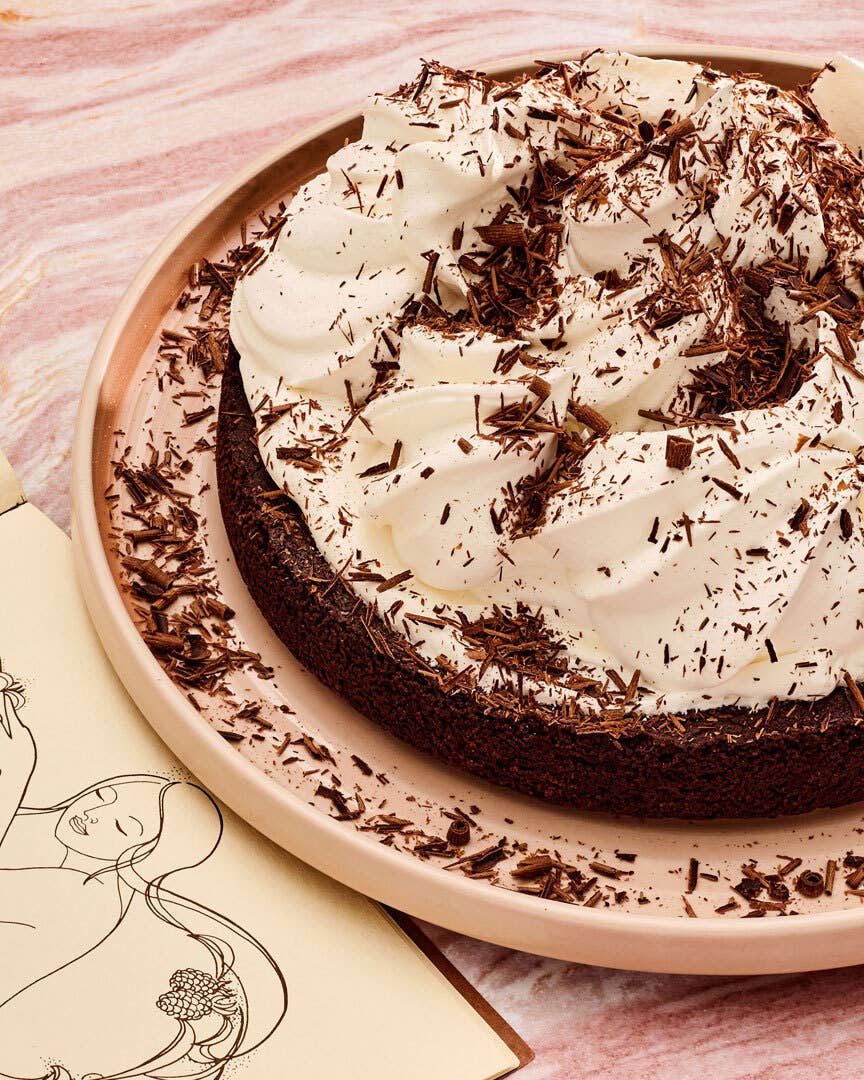
The Mason Bee is Here to Help Save the World
As honey bee populations decline, this cousin species could rescue a food system dependent on pollen-loving bees
If "bee" is in an article headline these days, the ensuing paragraphs are likely bad: that populations are in decline, that Colony Collapse Disorder is a growing threat, and that without bees pollinating the world's food supply, our food system is in jeopardy. But those problems don't refer to all bees—just honey bees. And while we're still looking for answers as to how to save our honey-producing pals, two food writers and apian activists think we're focusing too much on the honey bee when there's another specie of bee out there that can alleviate the stress on our food system. In an interview on Civil Eats, Jill Lightner and Dave Hunter introduced readers to what they believe could be a bee of the future: the mason bee.
With Hunter's experience as founder of the Orchard Bee Association and owner of Crown Bee, a company dedicated to helping people raise mason bees, he and Lightner co-wrote Mason Bee Revolution: How the Hardest Working Bee Can Save the World One Backyard at a Time. Aside from us loving them for the natural sugar they produce, honey bees pollinate one third of the world's food supply, making them an integral part of our food system. According to an article in the Washington Post, "The honeybee population in the United States is now less than half of what it was at the end of World War II," which is largely due Colony Collapse Disorder and industrial farming practices. The situation is so dire that in June 2014, President Obama established the Pollinator Health Task Force to dedicate federal efforts to curbing the loss of pollinators.
Which is why Lightner and Hunter argue the world needs to pay attention to the mason bee. They're solitary (which means no costly hives to maintain), easy-to-raise, more productive at pollinating than honeybees, not aggressive, and resilient to Colony Collapse Disorder. In other words, they're the bee that we need. More than six years ago, Gizmag reported on how we need to pay more attention to the mason bee; in other words, this is no new news. But what is news is that the honeybee population has only declined since 2010, and we're still not paying attention to the mason bee. Their main downside is that they don't produce honey, but considering all their advantages, we can live with that.
Even if it isn’t the “unsung bee that has the potential to save the planet” that Lightner and Hunter believe it to be, we’ll take all the help we can get.
Keep Reading
Continue to Next Story










